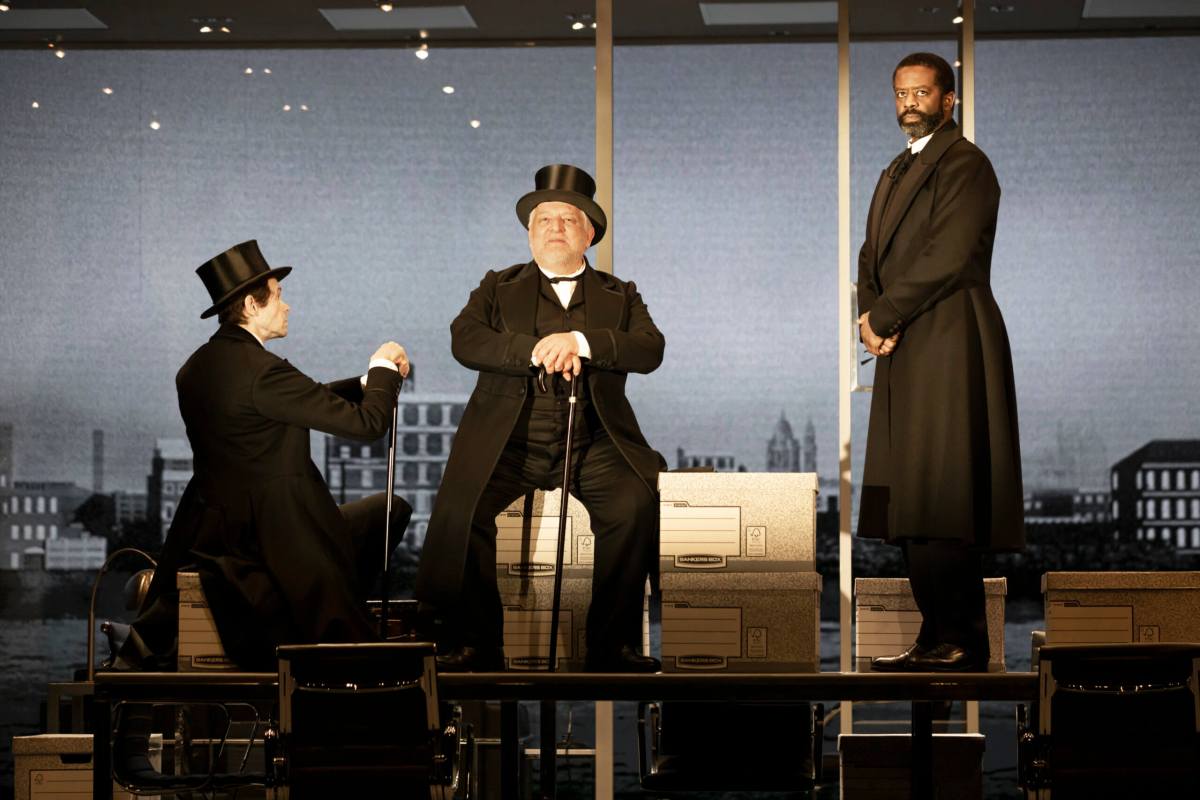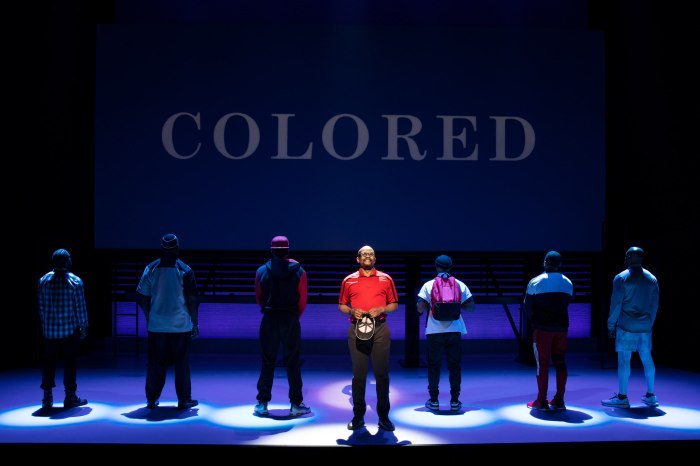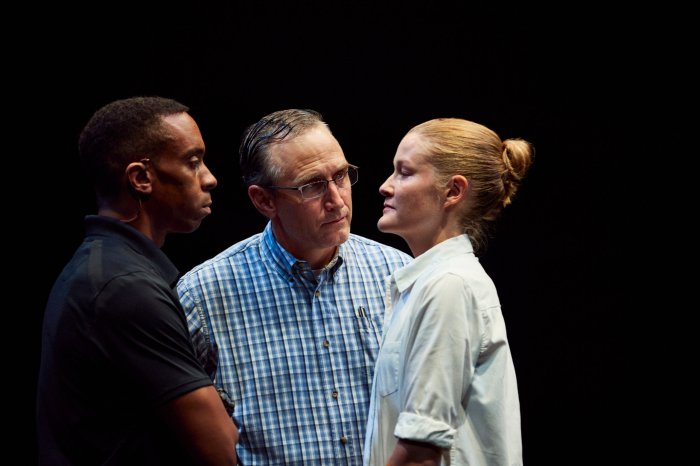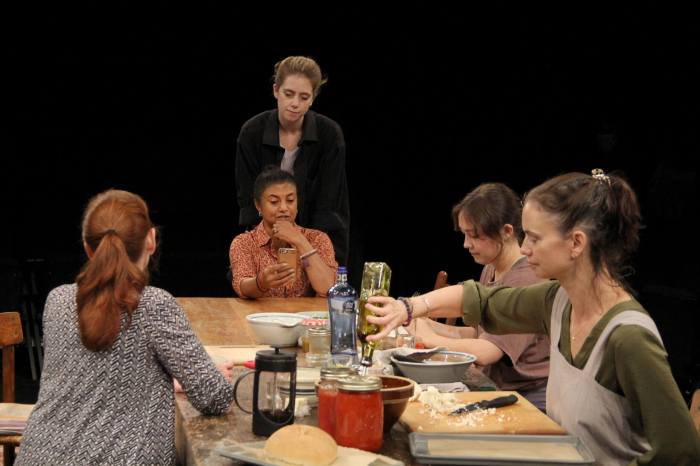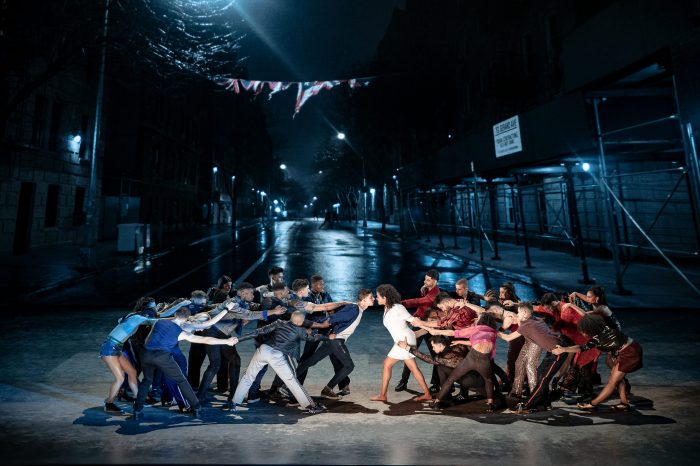Three and a half hours fly by pretty quickly in “The Lehman Trilogy,” an unlikely and thoroughly gripping epic drama which explores how Lehman Brothers evolved from a small cotton goods shop run by three German-Jewish immigrants in mid-19th century Montgomery, Alabama into an elite international financial firm that flourished during the 20th century and then perished in 2008 amid the wreckage of the subprime mortgage crisis.
“The Lehman Trilogy” (authored by Stefano Massini) premiered in Paris in 2013. Following other European productions, it was translated into English by dramaturg Ben Power and presented at London’s National Theatre under the direction of Sam Mendes.
In 2019, it played a short, sold-out, wildly acclaimed run at the Park Avenue Armory on the Upper East Side with the original English cast, including Simon Russell Beale (one of the most prominent classical actors in the world), Adam Godley (Tony nominee for “Anything Goes”), and Ben Miles (Tony nominee for “Wolf Hall”).
A year later, it had transferred to Broadway and was mere days away from opening night when the pandemic shutdown occurred. Upon its return, the lauded English actor Adrian Lester has taken over for Miles, marking his long-delayed Broadway debut.
“The Lehman Trilogy” is told from a third-person viewpoint, with the three actors narrating to the audience (using poetic language and nonstop historical detail) and simultaneously portraying the three original Lehman brothers as well as their wives, children, grandchildren, customers and business successors.
Interestingly, very little time is spent on the firm’s final days before it declared bankruptcy besides using it as a framing device. Instead, “The Lehman Trilogy” is primarily interested in exploring Jewish heritage, American identity, commercial ingenuity, internationalism, survival during hard times and the aging process, which turn up as recurring themes.
Using a high-tech visual design, the play is presented around a revolving glass cube resembling a contemporary corporate boardroom and curved surrounding walls containing filmed digital imagery, depicting the cotton fields of the South and the changing New York skyline.
With the midnight aura of “A Christmas Carol” and the musical “Follies,” the actors come to resemble ghosts of the past who haunt over the Lehman office late and have come to tell their story one last time before the company’s ultimate demise.
One would not have expected a play such as this to succeed, but indeed it does thanks to Massini’s distinct viewpoint, Mendes’ extraordinarily precise direction (which makes the production feel both sweeping and intimate), panoramic visuals, live piano music that reflects each mood swing and the sharp and versatile performances of its three leading men, who flexibly leapfrog between creating immense dramatic personas, making small comical cameos and speaking to the audience.
Having now seen “The Lehman Trilogy” twice and read its entire 720-page novelization, I could happily sit through the play at least a few more times.
“The Lehman Trilogy” runs through Jan. 2 at the Nederlander Theatre. 208 W. 41st St., thelehmantrilogy.com.



